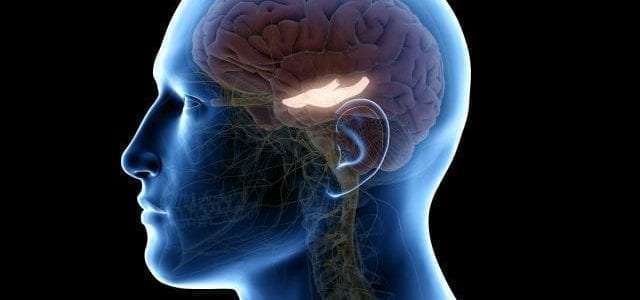Researchers at the University of Alberta uncovered how recalling memories from a third-person perspective could lead to increased interaction among brain regions. Such changes in the brain may even also be therapeutic, according to the study published in Cortex.
“Visual perspective, recalling events from one’s own eyes or one of several possible observer viewpoints, is a fundamental aspect of AM,” co-author Heather Iriye, and her colleagues, stated in the findings.
“Yet, exactly how visual perspective influences the functional mechanisms supporting retrieval is unclear. Here we used a multivariate analysis to characterize the spatiotemporal dynamics of networks supporting AM retrieval from multiple typical and atypical visual perspectives.”
Recalling memories from a third-person perspective, rather than through one’s own eyes, results in increased interaction between two brain regions: the anterior hippocampus and the posterior medial network, researchers found.
The implementation of a third-person perspective may be used therapeutically among troubling memories, but more research is needed to better understand the visual perspective in memory.
“These findings contribute to a growing body of research that show that retrieving memories is an active process that can [sic] bias and even distort our memories,” Peggy St Jacques, co-author of the study, stated in a news release.


